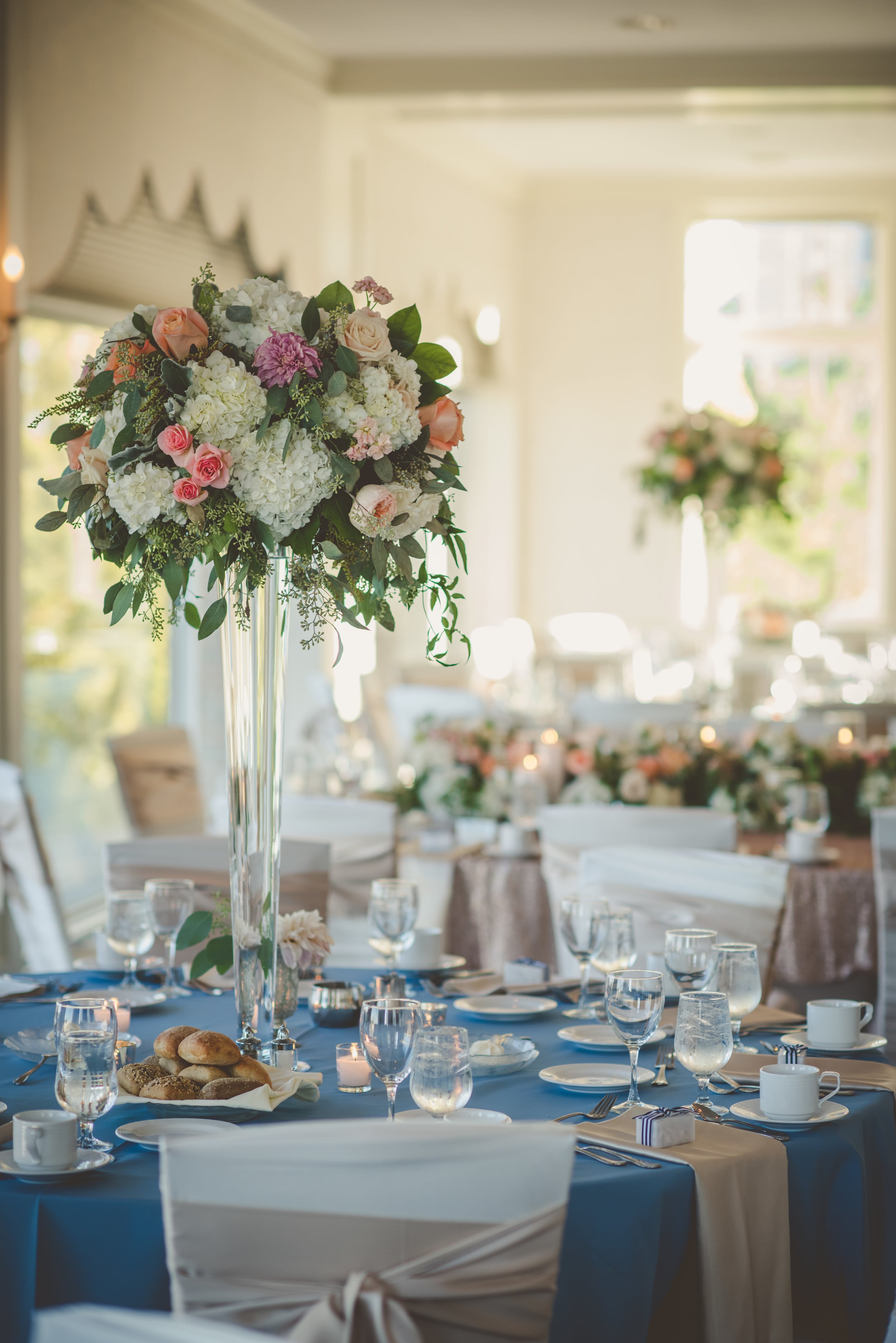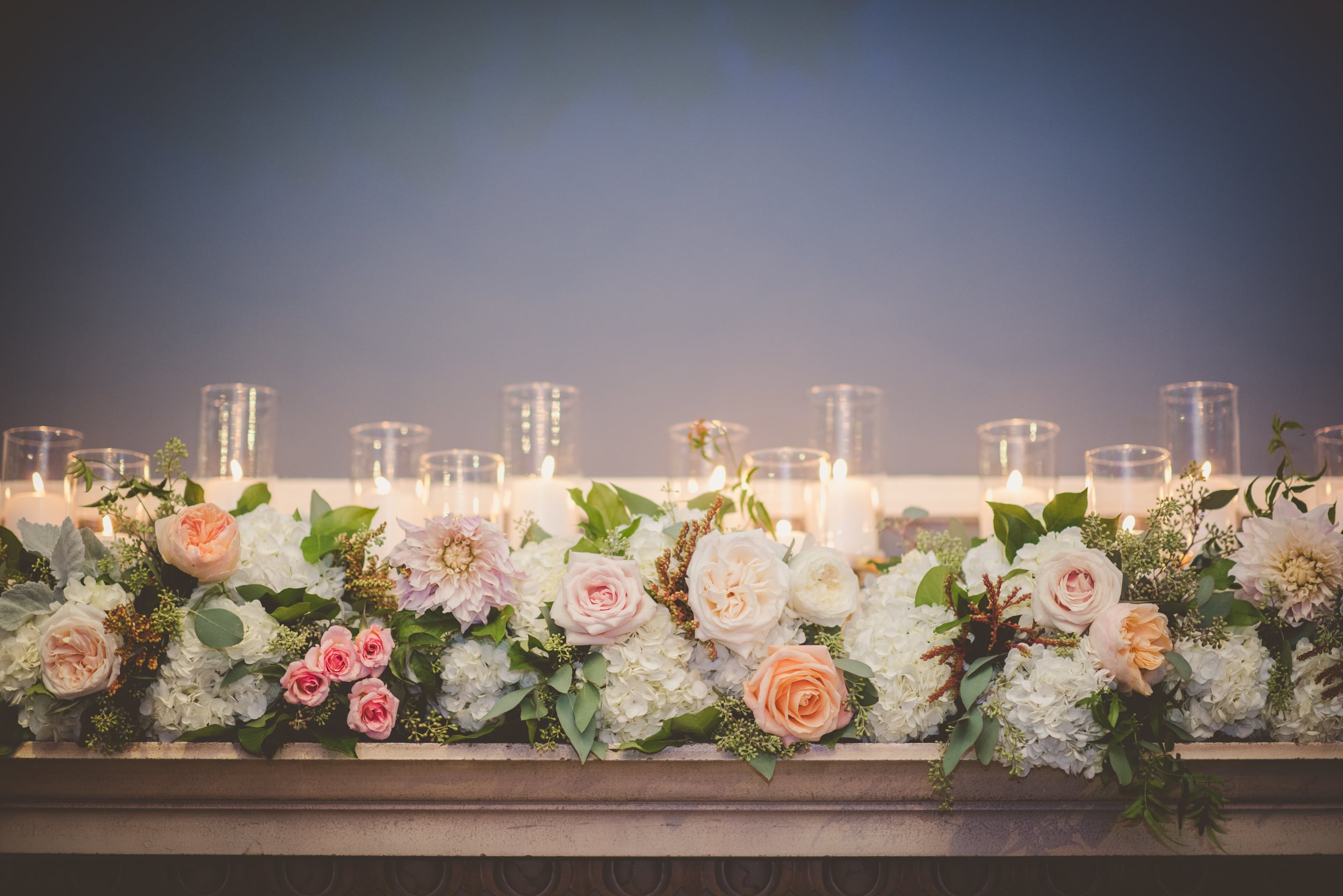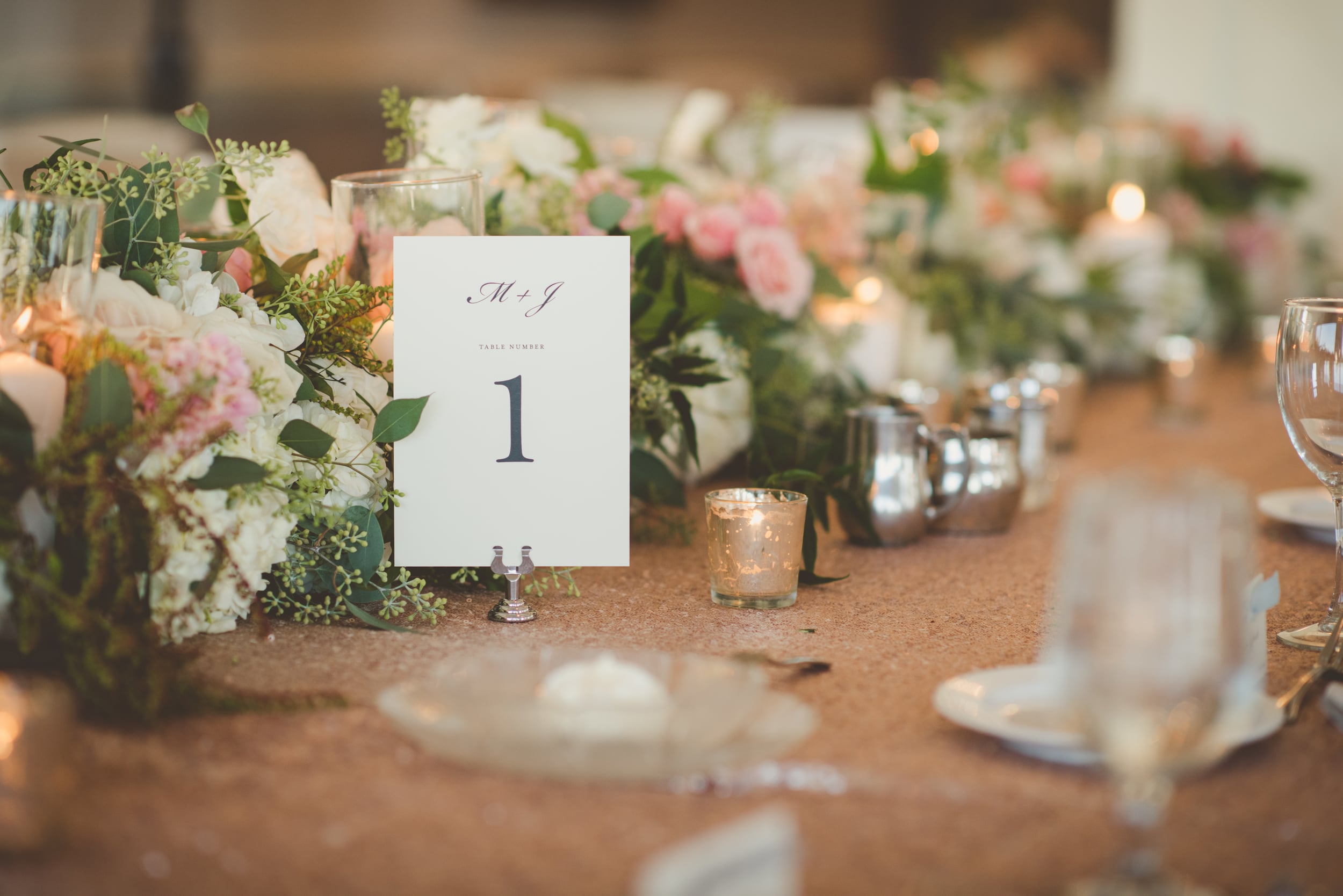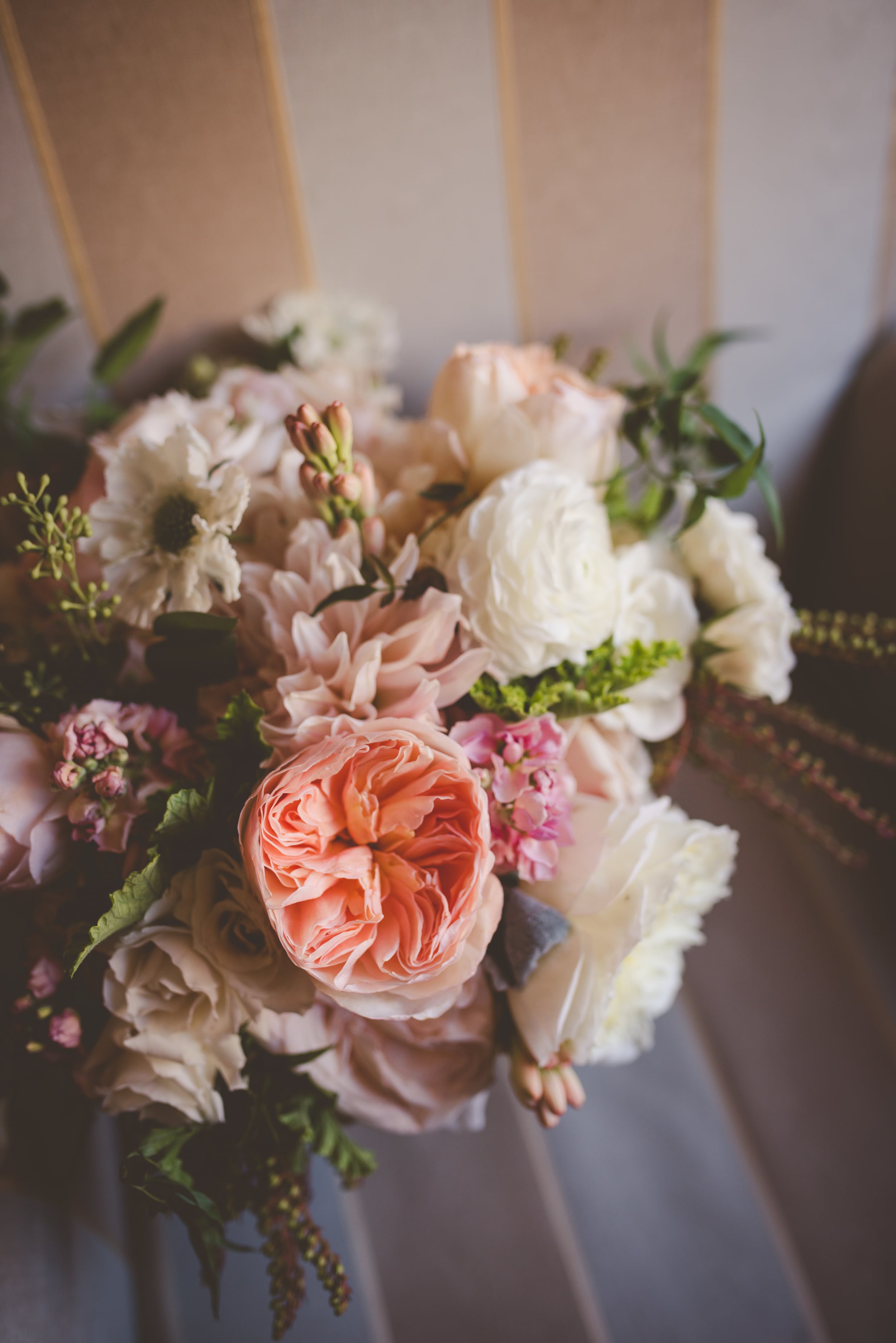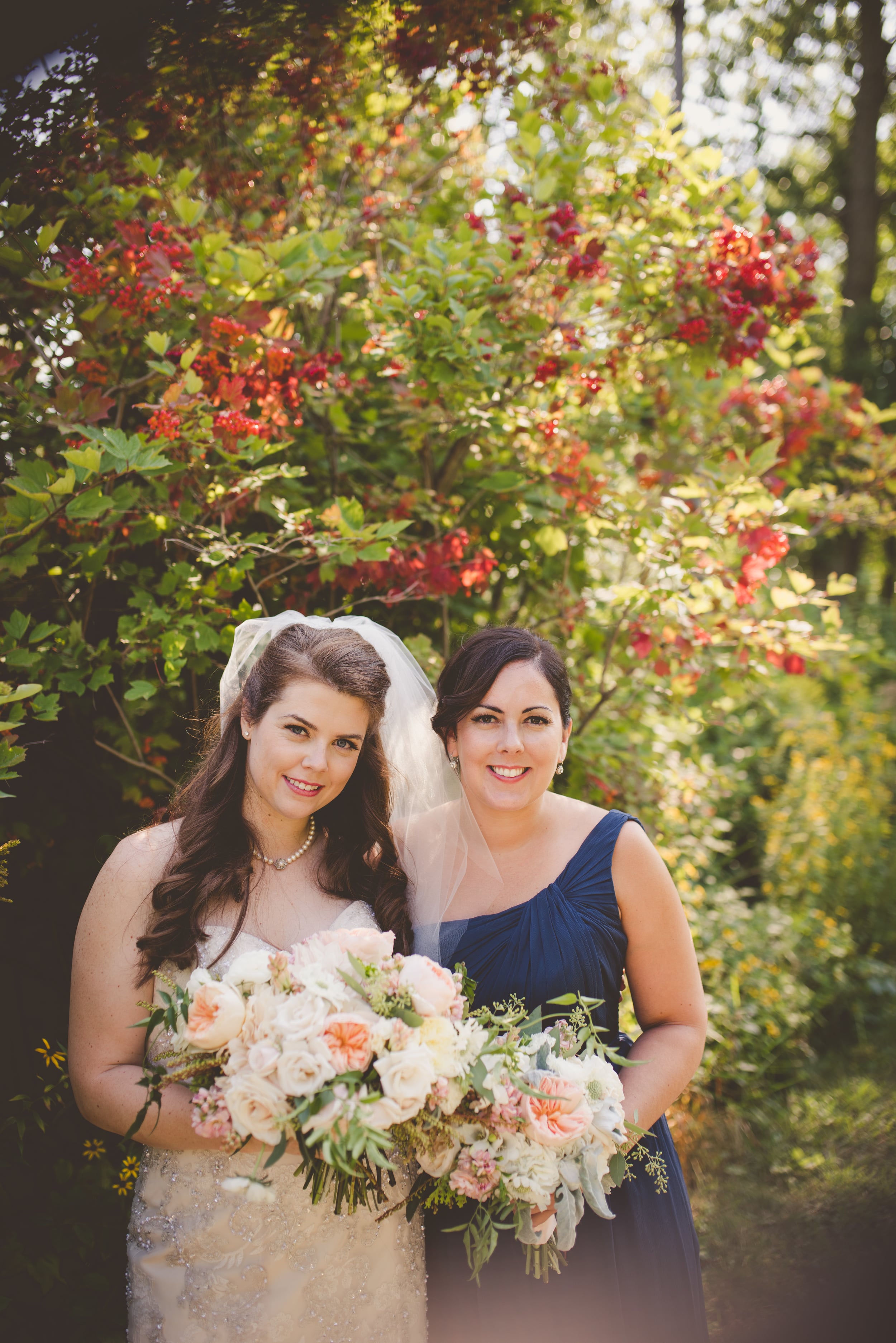
Laura Zastrow Photography

Laura Zastrow Photography

Audre Rae Photography

Twig and Olive Photography
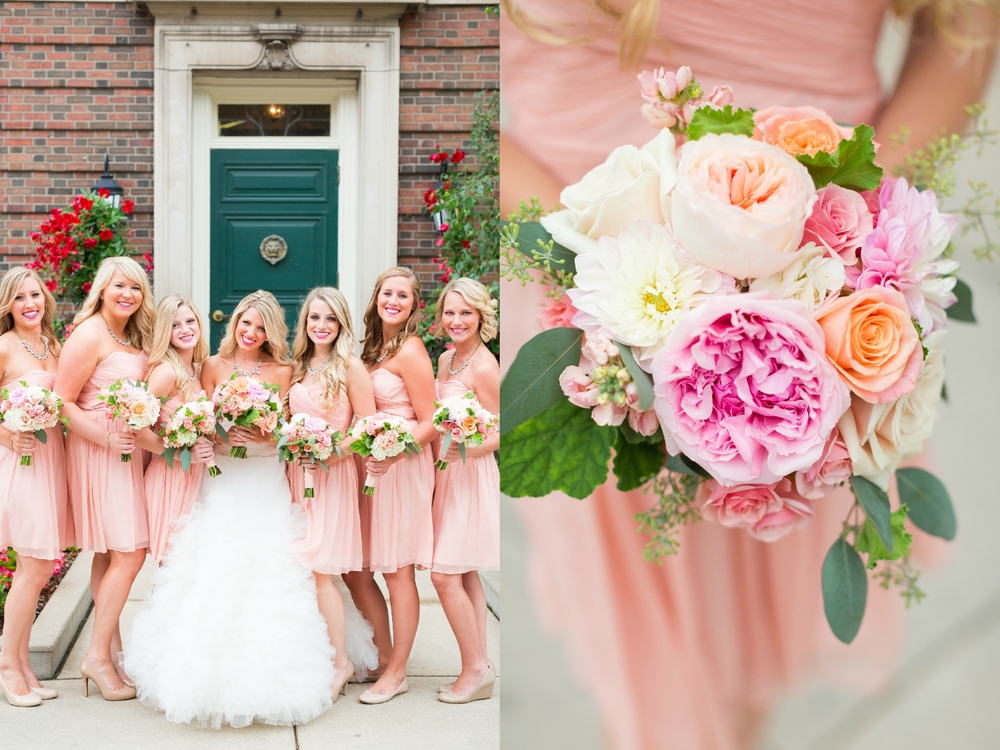
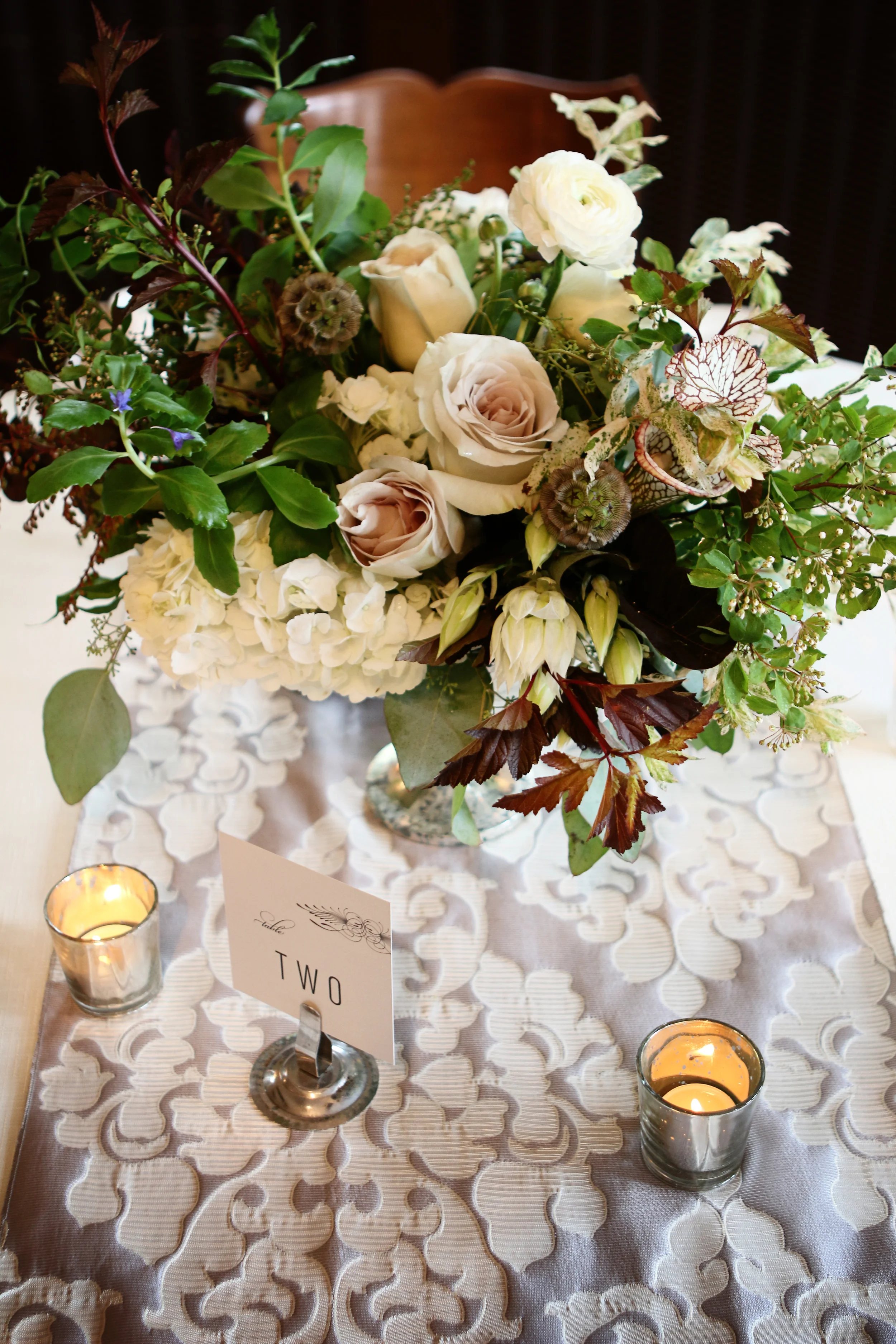
Captured Moments Photography
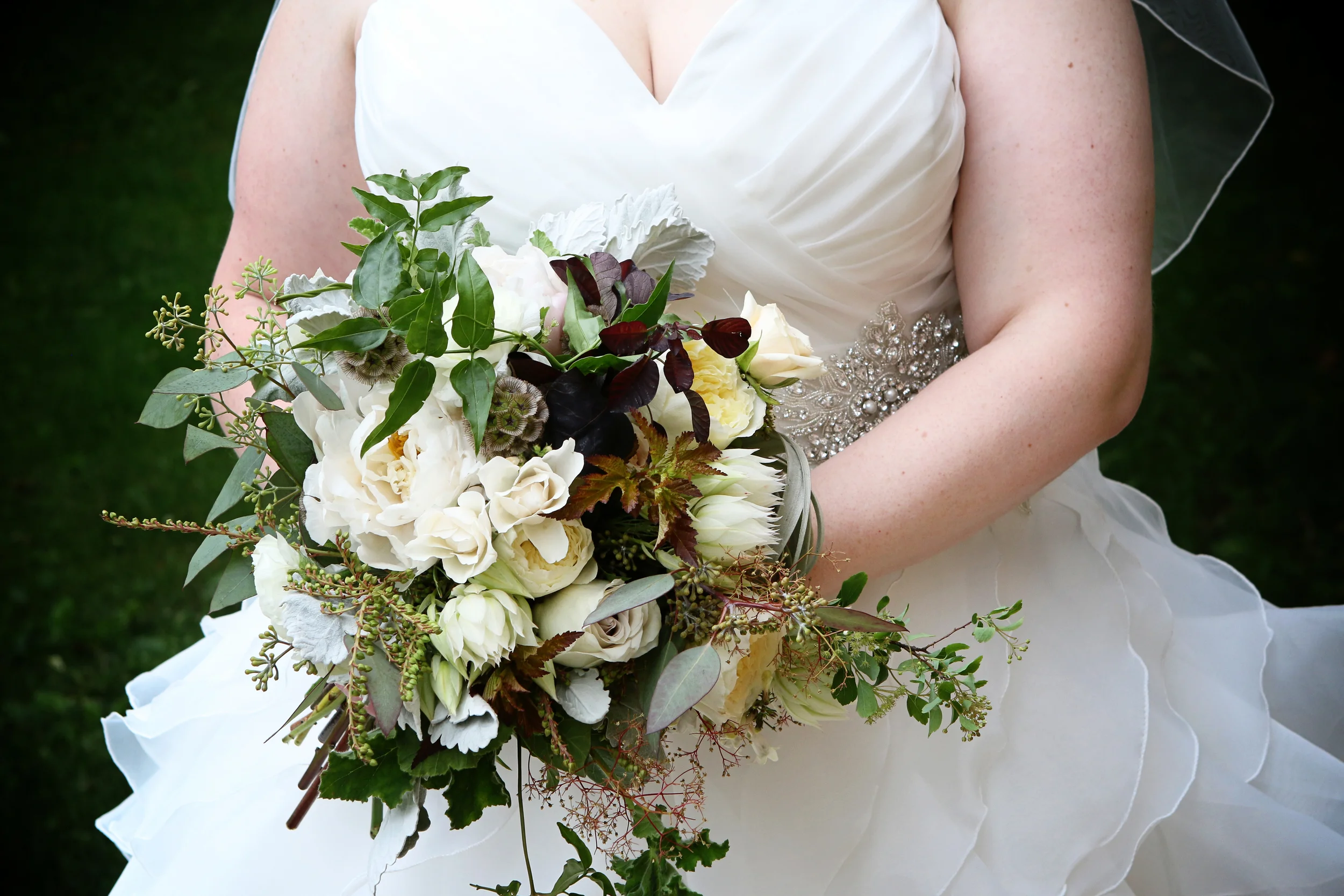
Captured Moments Photography

Megan Saul Photography

Megan Saul Photography
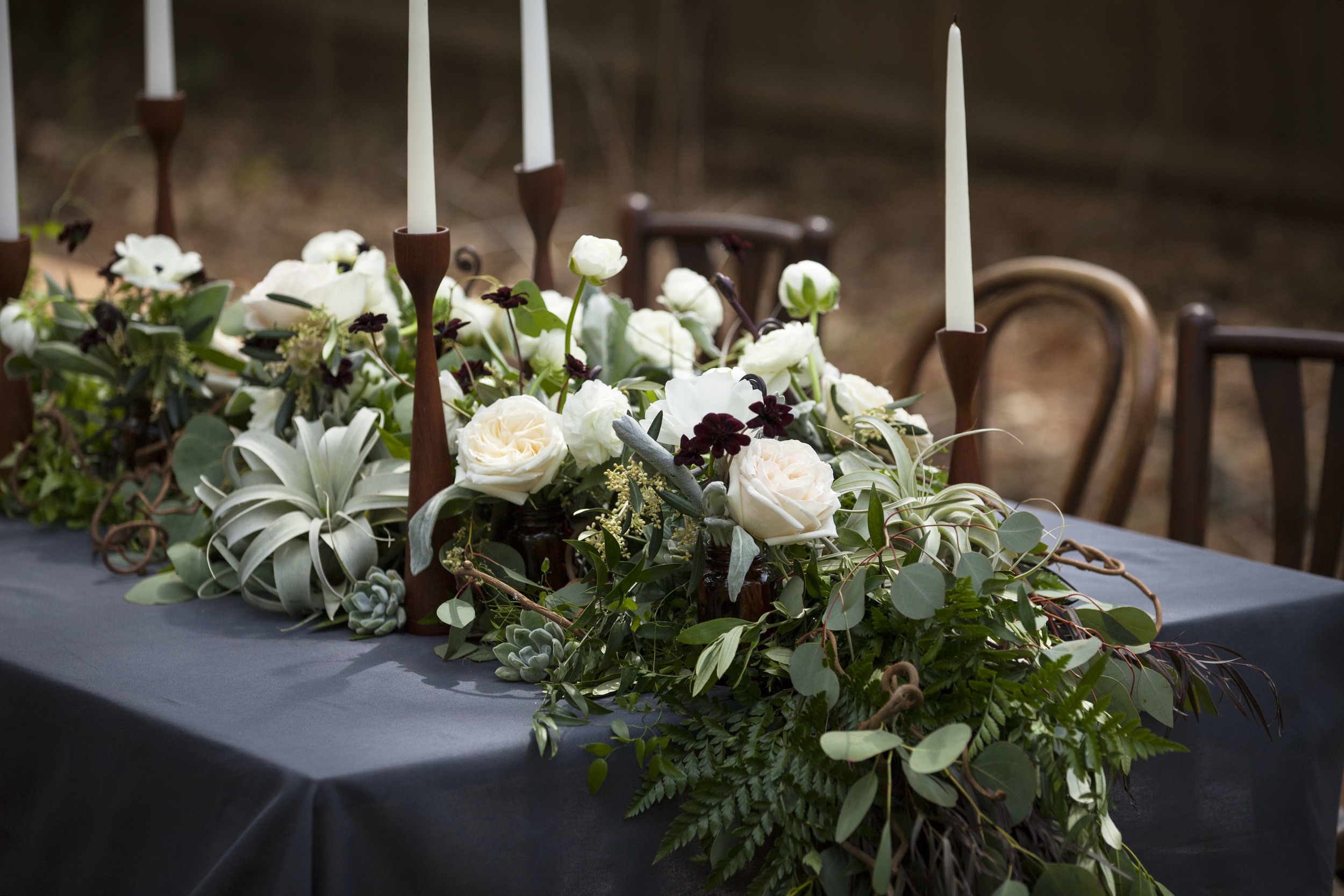
Chris Hynes Photography

Chris Hynes Photography

Booth Photographics

Booth Photographics

Heather Cook Elliot Photography

Heather Cook Elliot Photography

Jenna Kutcher Photography

Jenna Kutcher Photography

Jenna Kutcher Photography

Jenna Kutcher Photography

Jenna Kutcher Photography

Jenna Kutcher Photography

Jenna Kutcher Photography
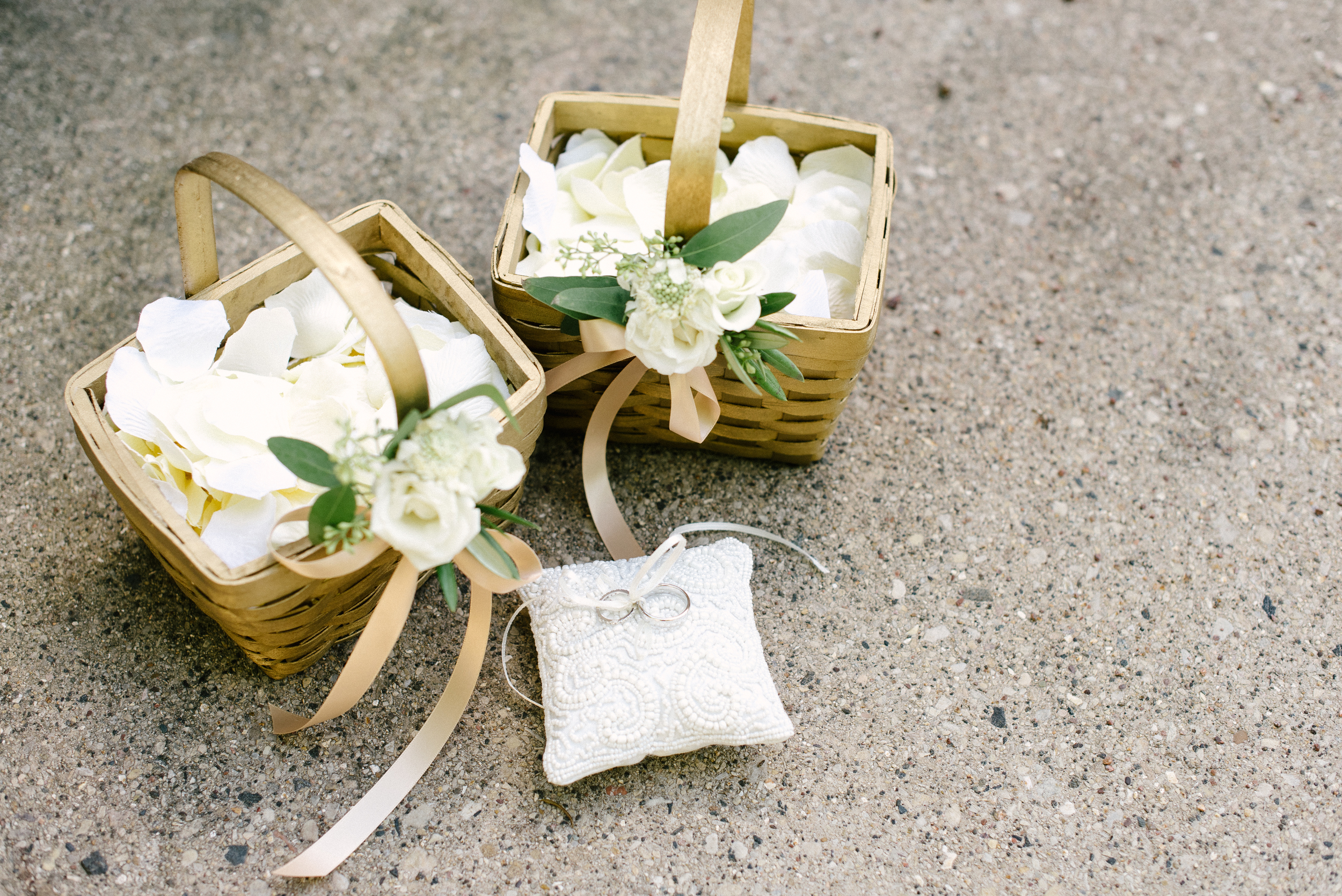
Jenna Kutcher Photography

Audre Rae Photography

Audre Rae Photography

Audre Rae Photography

Audre Rae Photography

Maureen Cassidy Photography

Maureen Cassidy Photography

Maureen Cassidy Photography

Maureen Cassidy Photography

Green Paint Photography

Green Paint Photography

Green Paint Photography
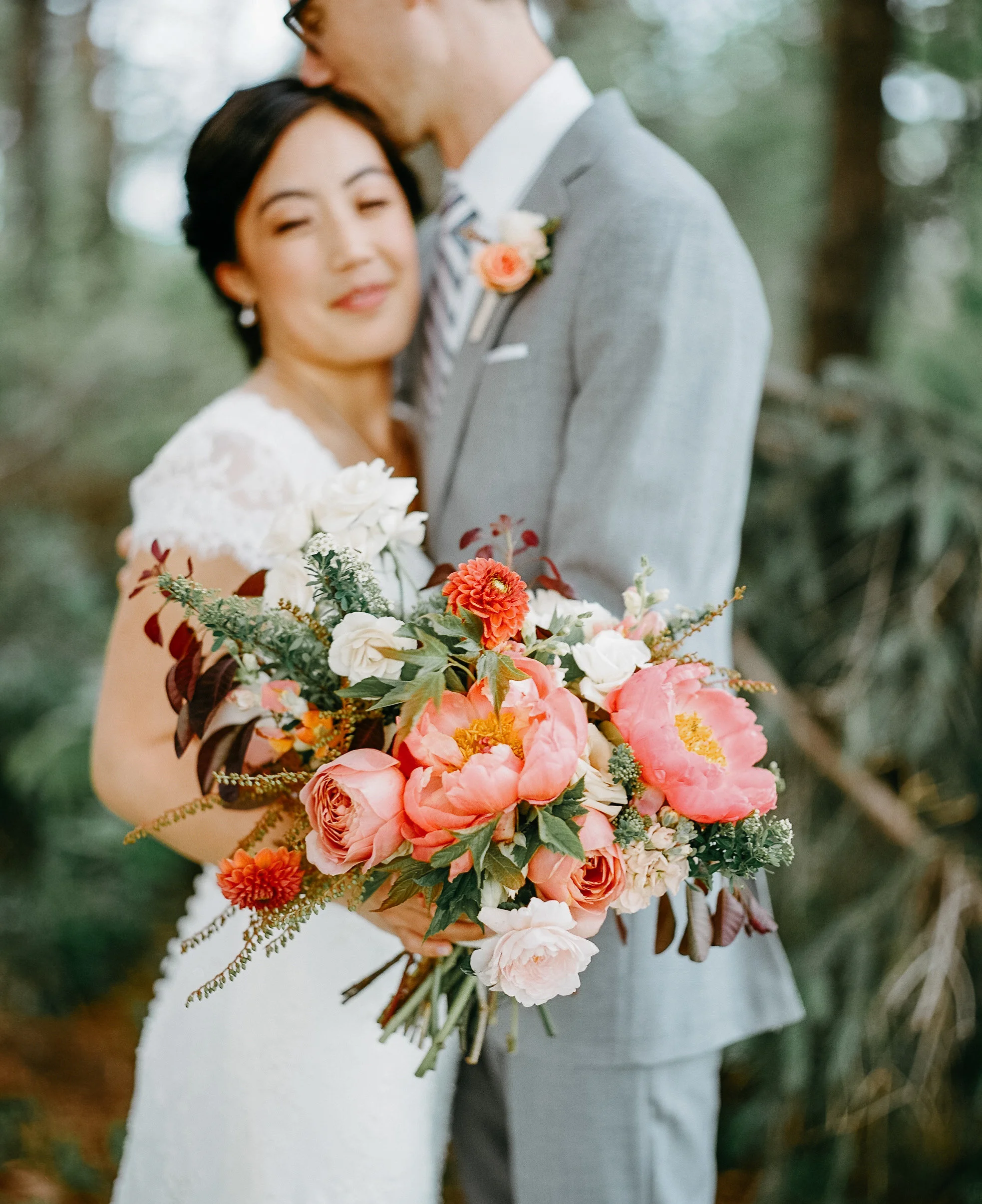
Geneoh Photography

Geneoh Photography

Chris Hynes Photography


Emily Steffen Photography

The McCarthys Photography

Jenna Kutcher Photography

Twig and Olive Photography

Twig and Olive Photography

Twig and Olive Photography

Twig and Olive Photography
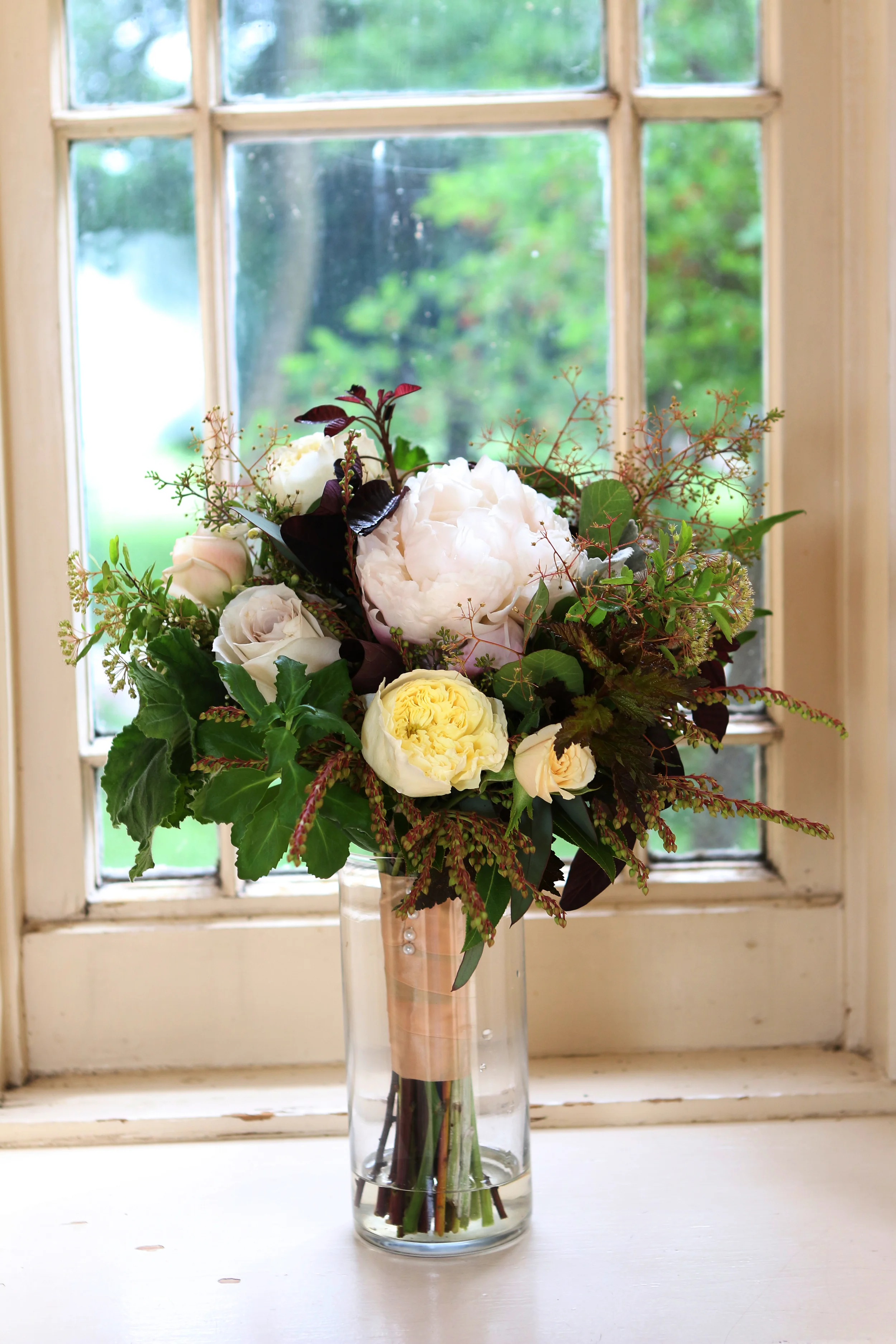
Captured Moments Photography


The Making of a Wedding
daffodil*parker Madison, WI | Head Designer + Studio Manager | MS Office, Felco 6 + Victory Knox | Timeline: 3 years (12 total)
My Role
Lead Designer | Complex Ordering | Client Consultation and Management | Vendor Relations | Negotiation | Project Manager | Process Improvement
Understanding the Clients
Designing a wedding begins conceptually. I get to know each client because understanding where they came from, how they met their future spouse, and their interests ultimately contribute to the final design of their very personal wedding. In this case, Mallory was from Maine and wanted a nautical feel to her wedding. She also loved peonies, asymmetry, and garden roses.
Ideation
Quick sketches done with the client present allow us to co-design and talk about what shapes, styles, and colors they like, as well as grasp the overarching feel of the wedding, venue, guest list, and budget. We can quickly explore different centerpiece styles and modify our ideas with respect for budget and personal taste. We also use images as inspiration.

Concept Development
We move into a platform like Pinterest where I can share more inspiration images, color palettes, and linen ideas. Mallory was also able to post things she liked. This allows us to form a unified vision for her event, with my expertise about seasonality, cost, design, and mechanics guiding the way.

Prototypes
Because the first time Mallory met with me, it was spring, we created two prototypes for her. One with the color palette and style of the flowers during the spring, and one closer to her event, with the actual flowers we would use. One of the difficult constraints when designing with perishables is their seasonal nature, weather issues, and shipping problems that can often cause hiccups in the process, but the prototypes help the client see what their centerpieces will look like in a general sense.

Production
Creating the actual flowers often involves chaos. Sometimes the product comes in dead or doesn't come in at all. I spend the better part of my week chasing the right flowers down, but the magic emerges from the chaos, when, as Mallory's mother put it, it was as if "Martha Stewart had been there."


